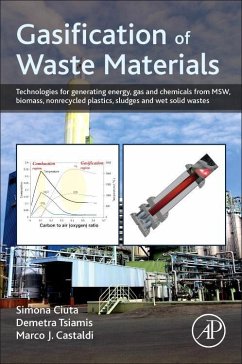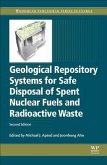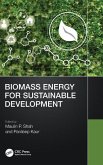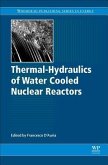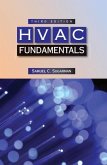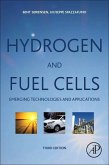Gasification of Waste Materials: Technologies for Generating Energy, Gas and Chemicals from MSW, Biomass, Non-recycled Plastics, Sludges and Wet Solid Wastes explores the most recent gasification technologies developing worldwide to convert waste solids to energy and synthesis gas and chemical products. The authors examine the thermodynamic aspects, accepted reaction mechanisms and kinetic constraints of using municipal solid waste (MSW), biomass, non-recycled plastics (NRP), sludges and wet solid wastes as feedstock. They identify the distinctions between pyrolysis, gasification, plasma, hydrothermal gasification, and supercritical systems.
A comprehensive summary of laboratory and demonstration activities is presented, as well as field scale systems that have been in operation using solid waste streams as input, highlighting their areas of disconnect and alignment. The book also provides a summary of information on emissions from the stack, comparing them with other thermal conversion systems using similar feedstock. It then goes on to assess the areas that must be improved to ensure gasification systems become as successful as combustion systems operating on waste streams, ranging from feedstock processing to gasifier output gas clean-up, downstream system requirements and corrosion.
The economics and future projections for waste gasification systems are also discussed. For its consolidation of the current technical knowledge, this text is recommended for engineering researchers, graduate students, industry professionals, municipal engineers and decision makers when planning, designing and deploying waste to energy projects, especially those using MSW as feedstock.
Hinweis: Dieser Artikel kann nur an eine deutsche Lieferadresse ausgeliefert werden.
A comprehensive summary of laboratory and demonstration activities is presented, as well as field scale systems that have been in operation using solid waste streams as input, highlighting their areas of disconnect and alignment. The book also provides a summary of information on emissions from the stack, comparing them with other thermal conversion systems using similar feedstock. It then goes on to assess the areas that must be improved to ensure gasification systems become as successful as combustion systems operating on waste streams, ranging from feedstock processing to gasifier output gas clean-up, downstream system requirements and corrosion.
The economics and future projections for waste gasification systems are also discussed. For its consolidation of the current technical knowledge, this text is recommended for engineering researchers, graduate students, industry professionals, municipal engineers and decision makers when planning, designing and deploying waste to energy projects, especially those using MSW as feedstock.
Hinweis: Dieser Artikel kann nur an eine deutsche Lieferadresse ausgeliefert werden.

